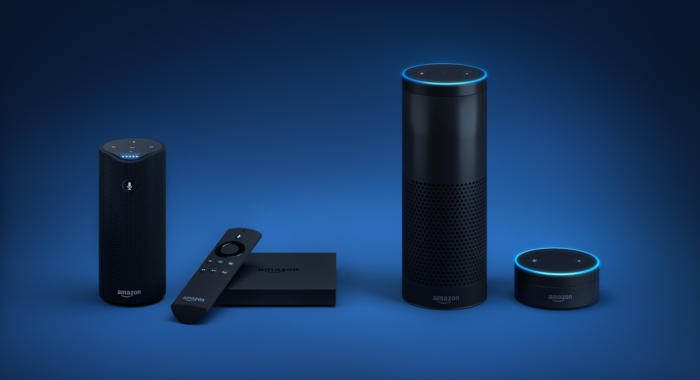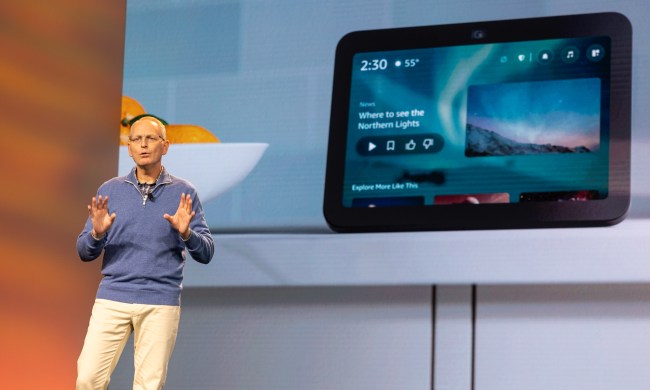
Does it feel like Alexa is just about everywhere lately? That’s for good reason. While other voice assistants are limited primarily to smartphones or have a small number of third-party devices they are compatible with, Amazon has been branching out its voice assistant in just about every way imaginable. According to the company, Alexa now works with more than 60,000 smart home devices from more than 7,400 brands. From publicly available data, that would make it the most widely accessible voice assistant on the market.
The news represents a considerable jump in availability for Alexa. Just one year ago, Amazon reported that the voice assistant was compatible with 12,000 devices. Eight months ago in September, Amazon said Alexa had reached the milestone of 20,000 compatible smart home products. Over the course of the last three-quarters of a year, Amazon has managed to increase the number of products that support Alexa by 200%.
That information is more useful when put in the context of Amazon’s competitors, which are lagging behind considerably at this point. Google is the closest thing to a competitor in terms of its voice assistant, and it’s trailing by a wide margin. According to Google, the company’s Google Assistant supports 10,000 devices from more than 1,000 popular brands as of October 2018. That number could be higher now, though it also may be shrinking in the near future. During Google I/O, the search giant announced a new privacy initiative that will result in the “Works with Nest” program that allows smart home devices to connect to Nest products becoming obsolete. Some companies will work to update their devices and support Google’s new “Works with Google Assistant” program, but others may let their products lapse and lose the ability to integrate into the Nest ecosystem.
The ubiquity of Alexa maybe shouldn’t come as a surprise. Amazon has bragged about just how widely accessible the voice assistant has become. Earlier this year, the company said that more than 100 million Alexa-powered devices have been sold. Of course, quantity isn’t everything. According to a recent survey, Google Assistant and Apple’s Siri still remain the most used voice assistants because of their availability on smartphones — somewhere Amazon has struggled to penetrate with Alexa.


